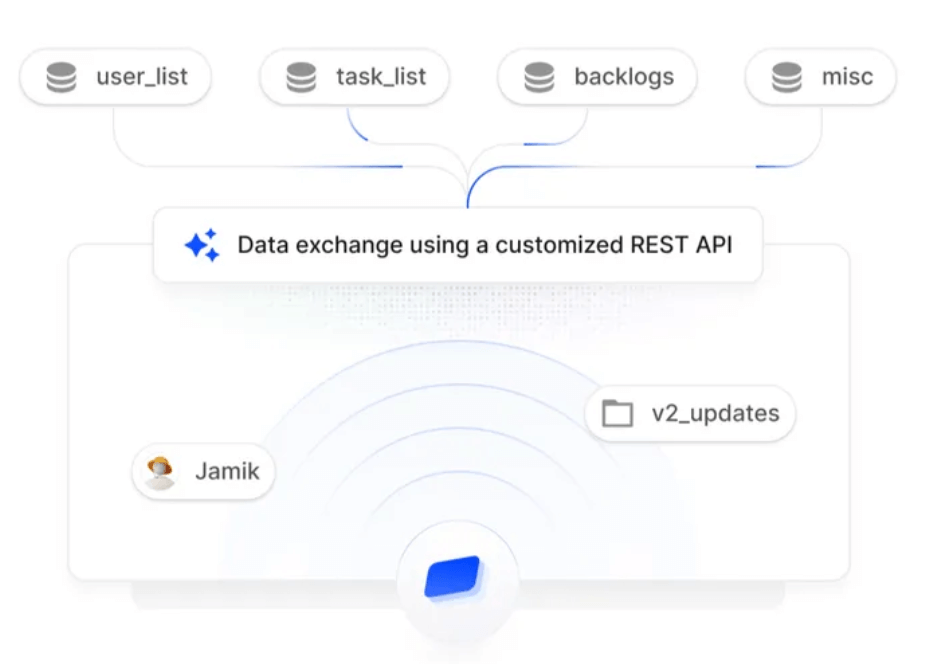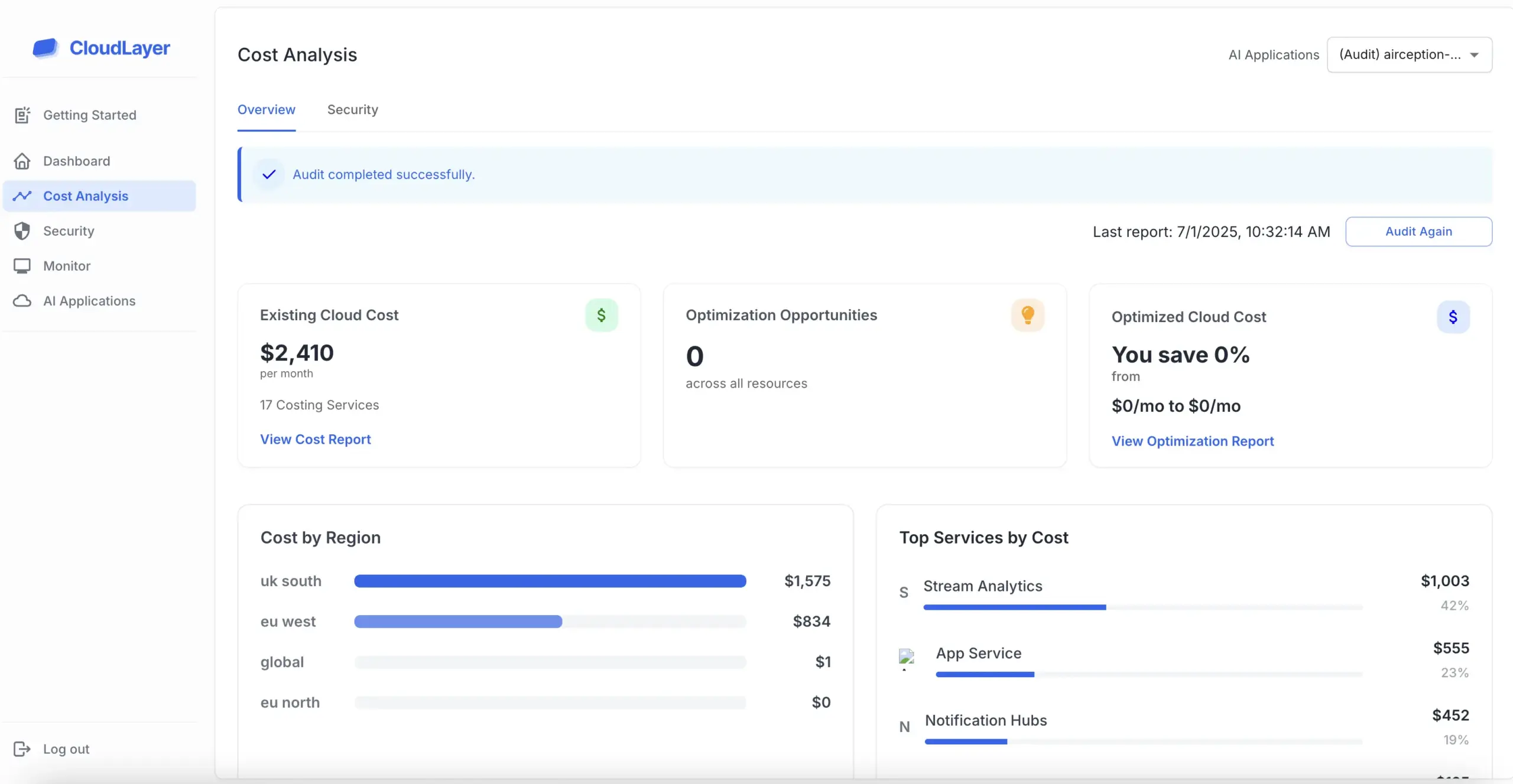A cloud database is a database service that operates on a cloud computing platform, allowing users to store, manage, and access data via the internet. Unlike traditional databases, which are typically hosted on-premises, cloud databases leverage cloud infrastructure for enhanced scalability and availability.

Cloud databases offer numerous advantages, making them an attractive option for businesses of all sizes. Key benefits include reduced infrastructure costs, automatic backups, and the ability to scale resources according to demand.

There are three primary types of cloud databases: relational, NoSQL, and multi-model databases. Each type serves different needs and use cases, allowing organizations to choose the right solution based on their data structure and access requirements.

To maximize the benefits of cloud databases, organizations should adhere to best practices such as thorough planning, choosing the right provider, and ensuring robust security measures. Regular monitoring and optimization can also enhance performance and efficiency.

Start using CloudLayer and experience a new level of efficiency.
